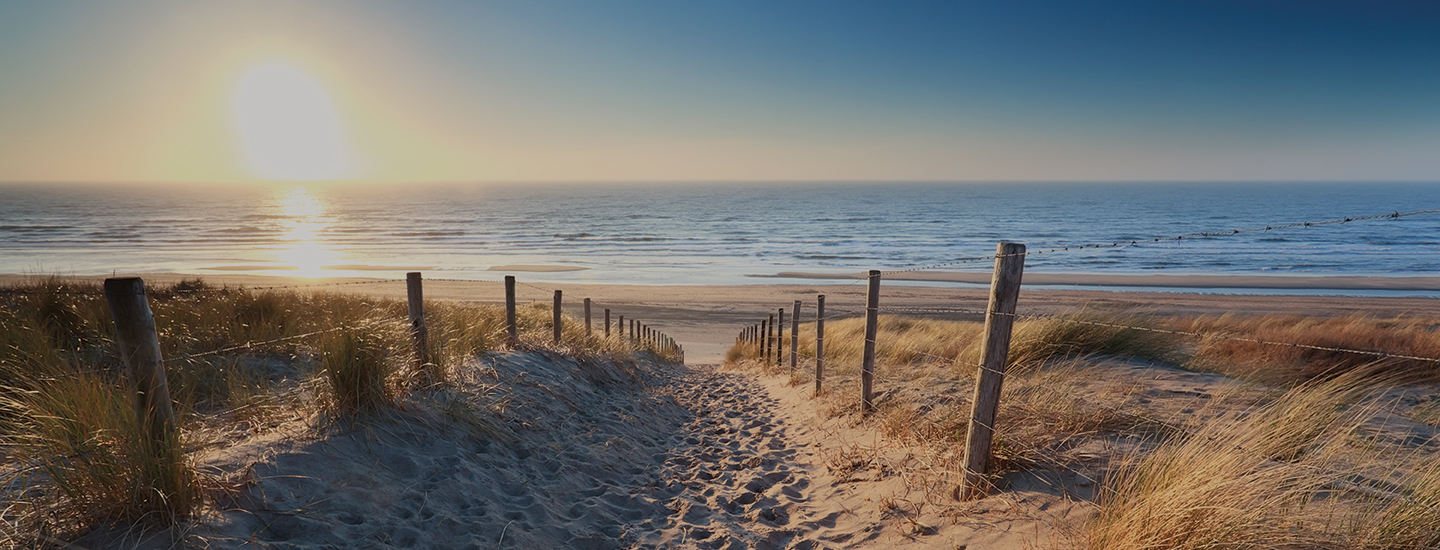
The NJ Governor quietly signed a bill recently, S-1074, regarding public access to tidal waterways in the Garden State. This was a big deal since almost half of the state’s 565 municipalities have some connection to tidal waters. But there was no signing ceremony and no press event by the Governor’s office despite years of work put in by environmental groups and business leaders alike on this bill.
The bill was unique in that it codified into law the language of the Public Trust Doctrine. This doctrine dates back to prior to Roman times and it was adopted as part of English common law and into our legal traditions. In New Jersey, the Public Trust Doctrine was often cited and relied upon in case law, but it was not in state statutes.
The story of why we needed such a law starts with the two previous Governors who created rules for public access to waterways and tidal lands. In both cases, these rules were subject to lawsuits and struck down by the courts.
In 2007, Governor Jon Corzine had the NJ Department of Environmental Protection (NJDEP) create rules that recognized that access means more than just a path to the beach. True access means parking, bathrooms, and other amenities to make that day on the beach, bay or river more enjoyable. The Corzine rules also said that if you came to the NJDEP for a permit in the coastal zone, you would have to provide access on some part of the property, although it did not apply to small residential dwellings. However, bay and riverfront businesses especially in the industrial (and tidal) northern part of the state did not like these rules. Industrial giants had cut off people’s access to the rivers in places like Newark a century prior. Over time, access would slowly be opened up as property owners came to NJDEP for permits to expand, upgrade, or improve their property. Some beach towns did not like these rules either. The upscale South Jersey beach community, Avalon, challenged the NJDEP rules in court and the court struck the rules down. The court held that the rules were invalid because under New Jersey law, municipalities are expressly authorized to exercise exclusive control over their own beaches and NJDEP had no legislative authority to preempt or supervise a municipality’s operation of its beaches.
The NJ Legislature of course could have passed a law stating it was their intention to keep the rules,but they did not.
The following governor, Chris Christie, had his DEP create rules that were a 180 degree turn from the previous set of rules. The Christie rules said that towns could create their own “municipal public access plans,” or MPAPs, under the notion that one size should not fit all; that one set of rules from Trenton may not be appropriate in each town. Environmental, conservation, fishing and outdoor groups generally disliked these rules since each town now had an opportunity to create exclusions to their waterfronts. Furthermore, the Christie rules said coastal permit applicants did not have to provide any access where none had existed before. This time, the lawsuits came from environmental groups, and they prevailed. The Christie rules said that municipal public access plans were “voluntary”. But a beach town could not get their permits for beach maintenance if they did not have a MPAP. The court struck down the rules because, again, it concluded the rules exceeded NJDEP’s authority. NJDEP argued that the public trust doctrine and the Coastal Facility Review Act authorized them to create and enforce the rules, but the court disagreed.
The NJ Legislature could have passed a law stating that they wanted each town to draft a MPAP, but once again, they didn’t.
New Jersey therefore entered a period of “no rules” or so we thought. A very brief bill was passed very quickly stating that the NJDEP did have authority over access to public waterways and tidal lands.
But then the NJ Legislature finally began to act in earnest. The Chair of the Senate Environment Committee convened a series of meetings of some 60 or 70 stakeholders to try to hammer out, legislatively, what public access means in NJ. Surfrider staff participated in the stakeholder committee meetings. Not surprisingly, the groups did not all agree, with business and industry on one side and environmentalists and outdoor recreational groups on the other. Still there was a resulting document consisting of consensus items and non-consensus items.
A relatively simple bill was prepared to codify the consensus items. This included stating that the NJDEP had the “authority and the duty” to uphold the Public Trust Doctrine to protect the public’s right, and that when reviewing permits, the NJDEP would need to find consistency with the Public Trust Doctrine. There are exceptions for Homeland Security types of facilities such as pipelines, military bases, and chemical plants. But it does apply to beach replenishment projects, marinas, and any parties coming to the NJDEP for a coastal permit. This is a major step forward to have such language in a statute in NJ and not just in promulgated rules.
Despite this law being the result of the “consensus” items in the stakeholder process, it still took over two years to pass the bill. The Jersey Shore Chapter supported this bill at every step through the legislative process.
Of course, the NJDEP needs to establish rules to accompany this law. But we are confident these rules will not be struck down by a future court since the NJ Legislature (finally) acted and spelled out exactly what is meant by public access.
Unfortunately, the local chapter had to fight many access battles, especially in Deal, NJ while the bill made its way through the legislature.
